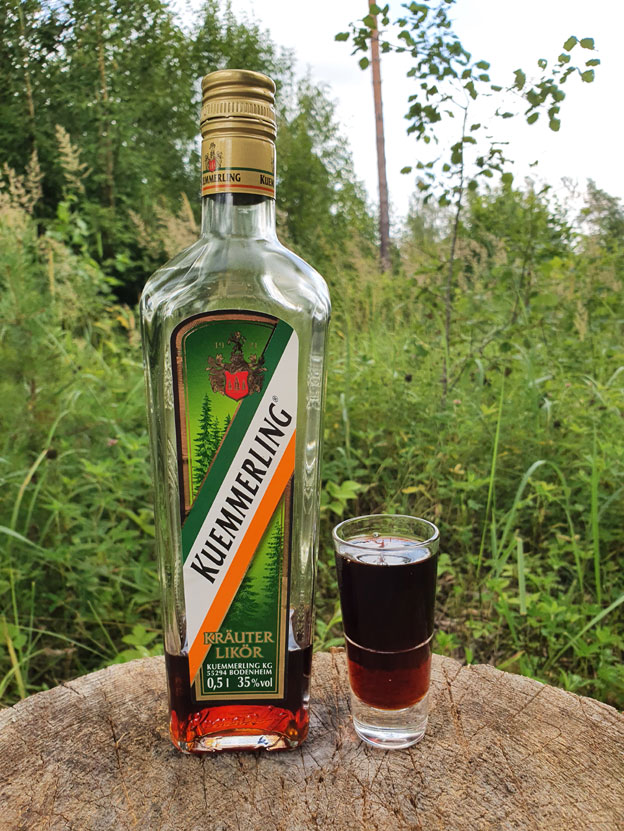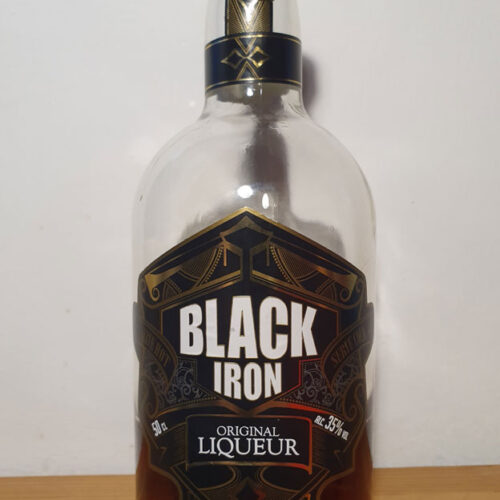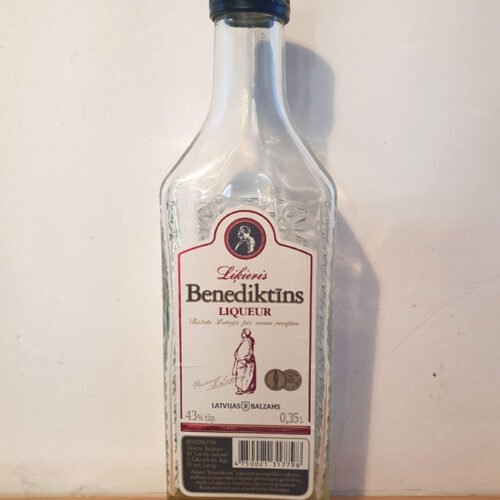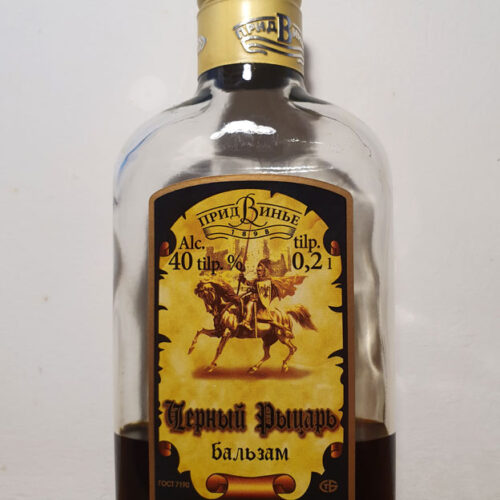
Kuemmerling is a traditional German herbal liqueur/bitter. Kuemmerling was developed by Hugo Kümmerling, who started developing herbal liqueurs in 1921. The development process of Kuemmerling took 17 years and after that another 25 years passed before it was put into industrial production. Kuemmerling has been produced since 1968 by the family company Kummerling GmbH. The company was sold in 2001 and after a couple of changes of ownership, its current owner is Henkell & Co. The recipe has been kept strictly secret, but at least these have been used: angelica root, cloves, chamomile, mint, licorice root and raspberry. Kuemmerling is especially popular in German-speaking countries, where it is mostly sold in small 20 ml bottles. In Estonia, however, it was sold in a 50cl bottle, which cost €8.95.
In the glass, Kuemmerling is the familiar dark brown like herbal liqueurs usually. It’s maybe a little lighter than Jägermeister. Licorice is the strongest aroma in the nose. There are other herbs in the background, maybe cloves, but nothing is clearly distinguishable. The mouthfeel is soft and slightly thick. There is clearly a bunch of sugar on it, but it is not too sweet. No single herb or spice can be segregated from the flavor. In the taste, the spiciness comes out more strongly, the aroma of cinnamon, cloves or some other oriental spice or a combination of all these. The traditional herbiness rears its head in the aftertaste, when the bitterness also takes over the sweetness. The flavor profile of the liqueur is very well built. After the bitter and dry aftertaste, you feel like taking another sweet sip, and before you know it, the glass is already empty. As said, the herbiness and bitterness are quite moderate and the drink does not make you grimace at any point. By using enough sugar, the pungency of the ethanol has also been well covered. Kuemmerling is a well-balanced and easy-going herbal liqueur.
85/100



How can I be a distributor for this brand. I had 3 small bottles some couple of days ago and I can proudly say that it does the work of Orijin and Kolaq far better. It tastes just like jagermeister but it’s slightly softer and not as thick as jagermeister. There’s this bitter aftertaste but trust me, it tastes far better than Campari.
THIS REALLY AN AMAZING DRINK